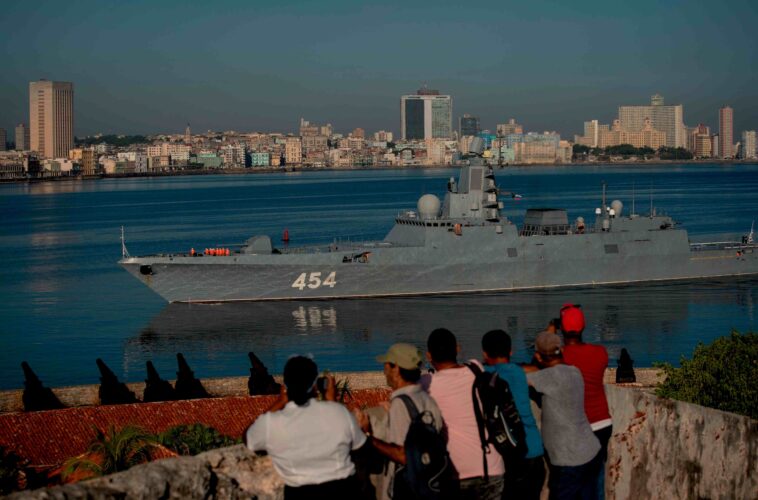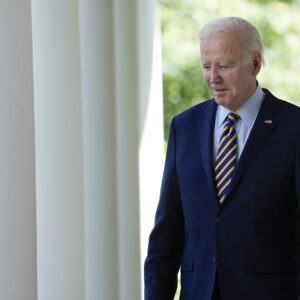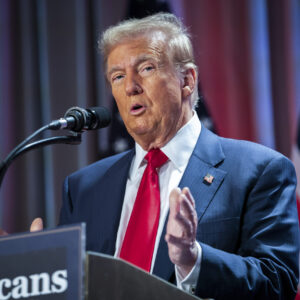Tensions began escalating between Russia and the United States on Wednesday, with Russian President Vladimir Putin threatening to supply arms to enemies of the US and NATO and Russian warships set to arrive in Cuba for military exercises next week.
Dmitry Medvedev, Russia’s Deputy Chairman of the Security Council, said in a Telegram post:
Let the United States and its allies now feel the direct use of Russian weapons by third parties. These individuals or regions are intentionally not named, but they can be anyone who considers Pindostan and its companions to be their enemies, regardless of their political beliefs and international recognition. Their enemy is the US, which means they are our friends.
(“Pindostan” is a derogatory Russian slang word for the United States.)
Learn the benefits of becoming a Valuetainment Member and subscribe today!
On May 30, US President Joe Biden authorized Ukraine to use American weapons to strike Russia to defend Kharkiv. Vladimir Putin then threatened to retaliate, saying at his annual economic forum in St. Petersburg: “That would mark their direct involvement in the war against the Russian Federation, and we reserve the right to act the same way.”
Medvedev’s remarks seek to conceal the regions Russia would be operating in, but an official statement from Cuba’s foreign ministry suggests one potential region involved. Cuban representatives state that four Russian warships will visit Cuba: “the frigate ‘GORSHKOV’; the nuclear-powered submarine ‘KAZAN’; the ‘PASHIN’ fleet sea tanker and the salvage tug ‘NIKOLAI CHIKER.’” These ships have the capability of transporting warheads and missiles to Cuba, although no statements from the Cuban, Russian, or US governments suggest this is taking place.
While the “military exercise” is scheduled to last from June 12 to June 17, observers should note that tense diplomatic relations between the US and Russia consistently include various deception and misinformation tactics.
The recent involvement of Cuba in US-Russia relations echoes the 1962 Cuban Missile Crisis, when Soviet Leader Nikita Khrushchev supplied Cuba under Fidel Castro with nuclear missiles, leading to a negotiation for disarmament led by US President John F. Kennedy. As a part of the agreement, Kennedy removed the US’s ballistic missiles from Turkey, which were positioned within striking distance of the Soviet Union.
The new escalations further complicate the conflict in Ukraine and underscore the potential for it to spill over into a larger worldwide conflict.


















Add comment